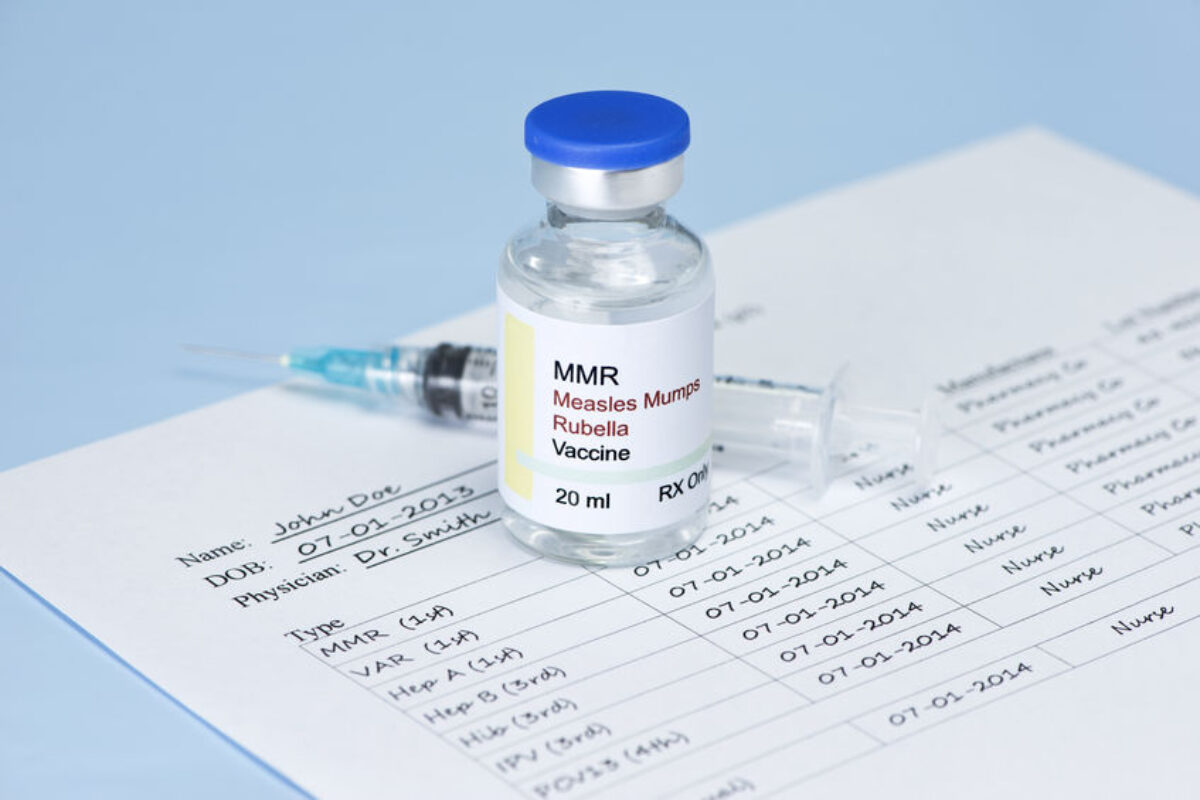Measles: What You Should Know

From January 1st, 2019 to May 3rd, 2019, the CDC reports that 764 individual cases of measles have been confirmed in 23 states around the country. This is the largest number of cases reported in the United States since 1994.
As the number of infected people continues to climb in the United States, it is important to be aware of how this disease affects humans, how it spreads and what precautions can be taken to avoid getting it.
Here are the answers to what you need to know about measles:
What is Measles?
Measles is a highly contagious virus in the nose and throat of an infected person. This disease was eliminated from the United States in 2000. 19 years ago, ongoing continuous transmission of measles no longer occurred in this country. However, measles cases can still be imported from areas that have measles circulating and can spread quickly in communities with unvaccinated persons. Maintaining high vaccination rates is vital to preventing outbreaks of disease in our community.
How contagious is it?
According to the Centers for Disease Control and Prevention, measles is so contagious that if one person is infected, up to 90% of the people in close proximity who are not immune will also become infected.
The measles virus can live for up to two hours in an airspace where the infected person coughed or sneezed. If other people breathe the contaminated air or touch the infected surface and touch their eyes, noses or mouths afterwards, they have the potential of becoming infected.
Here are common ways measles spreads:
- Mother to baby by pregnancy, labor, or nursing.
- Airborne respiratory droplets (ex: coughs or sneezes).
- Saliva (ex: kissing or shared drinks).
- Skin-to-skin contact (ex: handshakes or hugs).
- Touching a contaminated surface (ex: blanket or doorknob).
If I am vaccinated, can I still catch the disease?
Although it is possible to get the measles even if you’ve been vaccinated, it is quite rare. During a child’s standard U.S. vaccination schedule, two doses of the measles, mumps, and rubella (MMR) vaccine are given. These vaccines are 97% effective at preventing measles, according to the CDC. This means that about 3% of people who receive two doses of the measles vaccine will get measles if they are exposed to the virus.
The MMR vaccine is supposed to be effective for life, but protection could fade with age. There are blood tests available that measure how well you are protected from the infectious disease. However, doctors don’t routinely use this test on patients — it’s more often used for health care workers who are generally at higher risk of being exposed to measles.
Every state in the U.S. requires vaccinations for children entering kindergarten. However, all states also provide medical exemptions to these requirements and some states also offer exemptions for religious and philosophical reasons.
At South Coast Medical Group OC, we highly recommend getting vaccinated.
How do I know if I have it?
Early symptoms of measles can include high fever, a cough, runny nose and red, watery eyes. Two or three days later, small white spots may appear inside the mouth. Three to five days after symptoms begin, a rash will begin to break out. This rash normally begins as flat red spots around the face and hairline. It then spreads down the body and to the feet. Small raised bumps may also appear on top of the flat red spots. The spots may become joined together as they spread from the head to the rest of the body. When the rash appears, a person’s fever may spike to more than 104° Fahrenheit.
If you have been exposed to measles or believe you may have the symptoms, call our office immediately. Our team can determine if you are immune to measles based on your vaccination record, age, or laboratory evidence and make special arrangements to evaluate you without putting other patients and medical office staff at risk. Give us a call us at (949) 360-1069.



